Health & Medicine
-
 Humans
HumansHere’s why COVID-19 isn’t seasonal so far
Human immunity and behavior may be more important than weather for driving seasonality when it comes to COVID-19.
-
 Health & Medicine
Health & MedicineIs aging without illness possible?
Researchers are harnessing basic biology to develop drugs that foster healthy aging. Just don’t call them antiaging pills.
-
 Health & Medicine
Health & MedicineThe teen brain is especially susceptible to the harms of THC
Marijuana that’s higher in THC and concentrated cannabis products may pose even higher risks of addiction and psychosis.
-
 Health & Medicine
Health & MedicineFetuses make a protein that causes morning sickness in pregnancy
A hormone called GDF15 triggers a part of the brain involved in nausea and vomiting, a new study finds. Blocking its action may lead to treatments.
-
 Health & Medicine
Health & MedicineWhen it comes to physical activity, every bit counts
Biking to the store. Raking leaves. Playing with your kids. Scientists are getting a clearer picture of all the activities that offer health benefits.
By Meghan Rosen -
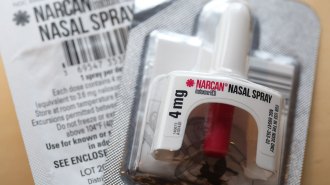 Health & Medicine
Health & MedicineHere are some of the biggest medical advances in 2023
The first CRISPR gene-editing therapy, a new Alzheimer’s drug and RSV vaccines were among the big developments in medicine this year.
By Erin Wayman -
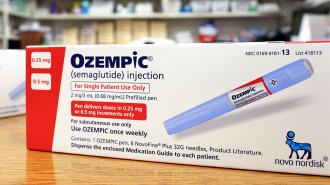 Health & Medicine
Health & MedicineWhy weight-loss drugs became more popular than ever this year
Ozempic and related drugs can drastically reduce body weight, and more potent versions are on the way. But questions remain about who should take them.
By Meghan Rosen -
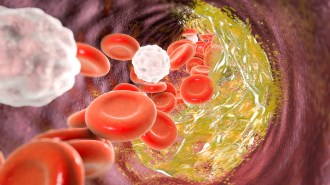 Health & Medicine
Health & MedicineA gene editing technique shows promise for lowering LDL cholesterol
In a trial of 10 people with familial hypercholesterolemia, a genetic medicine reduced levels of LDL cholesterol in the blood by up to 55 percent.
By Meghan Rosen -
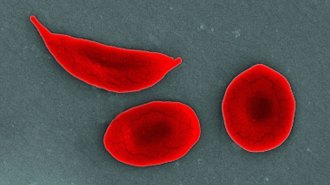 Health & Medicine
Health & MedicineThe first CRISPR therapy approved in the U.S. will treat sickle cell disease
In the world’s first CRISPR-based treatment, genetic tweaks to red blood cells aim to help people with the often debilitating disease.
-
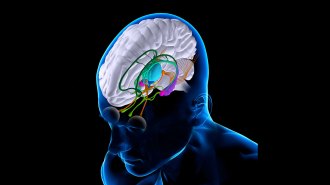 Neuroscience
NeuroscienceElectrical brain implants may help patients with severe brain injuries
After deep brain stimulation, five patients with severe brain injuries improved their scores on a test of cognitive function.
-
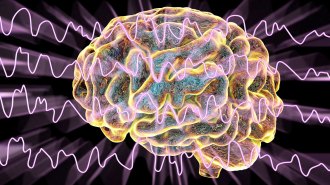 Health & Medicine
Health & MedicineA brain-monitoring device may one day take the guesswork out of anesthesia
The automated device pairing brain activity and dosing kept two macaques sedated for 125 minutes, raising hopes of precision anesthesia for people.
-
 Health & Medicine
Health & Medicine50 years ago, scientists suspected that lost sense of smell could be restored
Cells responsible for humans’ sense of smell can regenerate. Now, research spurred on by the pandemic could help answer questions about the process.
By Aina Abell